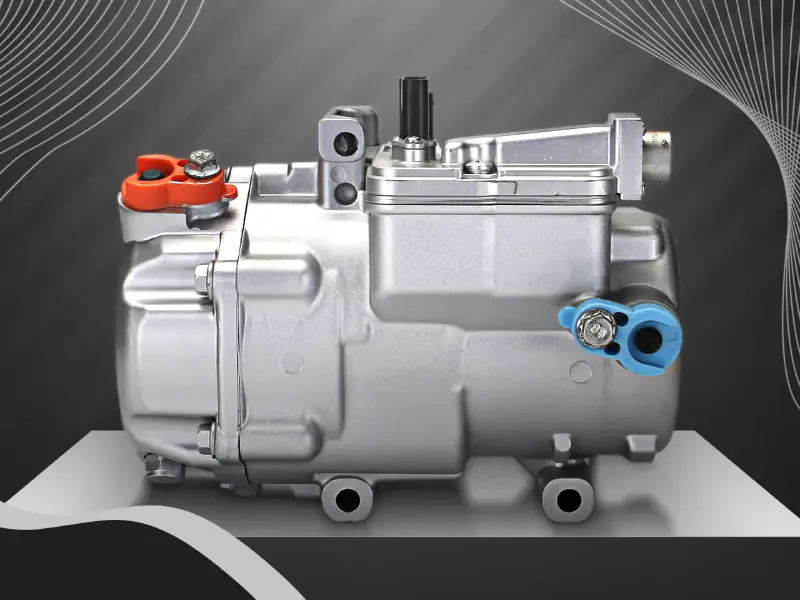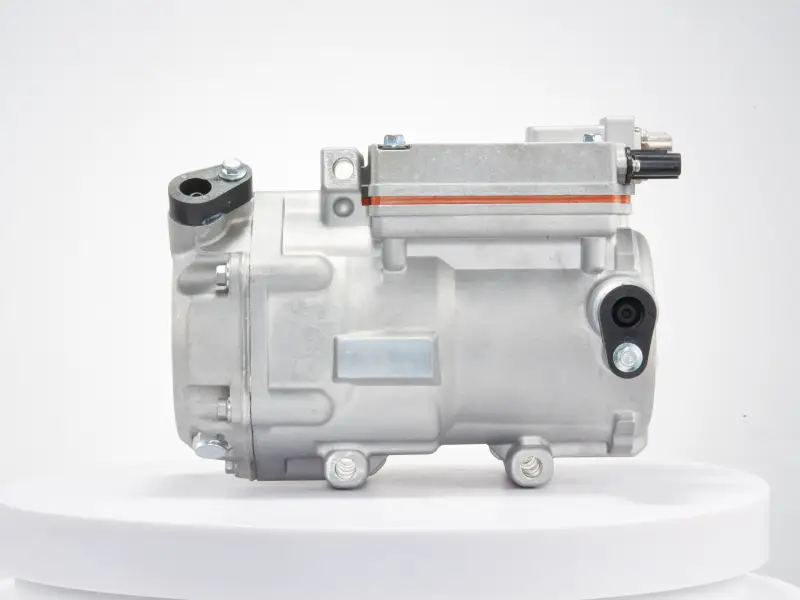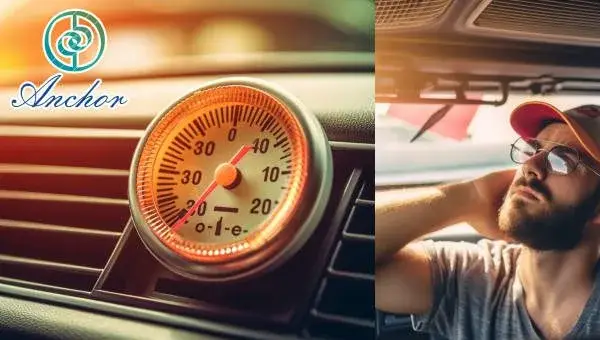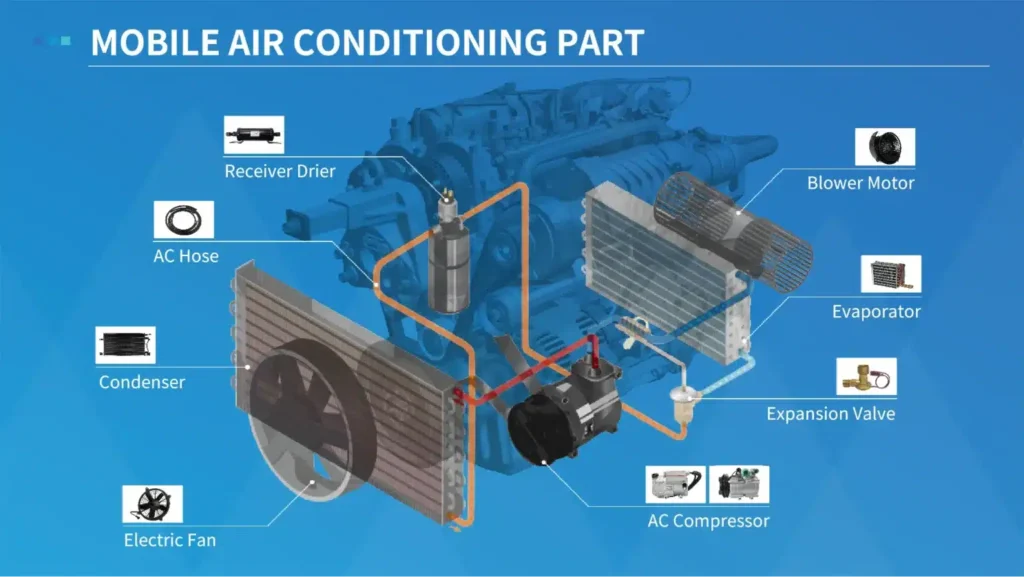If your car’s air conditioning (AC) is making unusual noises, it could be an indication of various issues that may require attention. Understanding the different types of noises and their potential causes can help you diagnose and fix the problem. Here’s a detailed guide to understanding why your car’s AC might be making noise and what you can do about it.
Common AC Noises and Their Causes
Hissing or Whistling Sound
Cause: A hissing or whistling noise often indicates a refrigerant leak. It can occur when the refrigerant escapes from a small hole or crack in the system.
Solution: Have a professional inspect the AC system for leaks. They can locate the source of the leak and repair or replace the damaged components.
Squealing or Screeching Noise
Cause: A squealing or screeching sound is usually caused by a worn or slipping serpentine belt. It could also be due to a malfunctioning compressor clutch or a failing AC compressor bearing.
Solution: Inspect the serpentine belt for wear and tension. Replace the belt if it’s damaged or loose. Check the compressor clutch and bearings, and replace them if necessary.
Rattling or Clanking Sound
Cause: Rattling or clanking noises can indicate loose or broken components within the AC system, such as a failing compressor or loose mounting bolts. It could also be caused by debris caught in the fan or blower motor.
Solution: Inspect the AC compressor and mounting hardware for any loose or damaged parts. Check the fan and blower motor for debris and remove it if found. Tighten or replace any loose or damaged components.
Buzzing or Clicking Noise
Cause: Buzzing or clicking sounds are often caused by electrical issues, such as a failing relay, a malfunctioning blend door actuator, or issues with the AC compressor clutch engaging and disengaging.
Solution: Inspect the electrical connections, relays, and blend door actuators. Replace any faulty components. Check the compressor clutch for proper operation and replace it if necessary.
Grinding Noise
Cause: A grinding noise typically indicates a serious problem with the AC compressor, such as worn internal components or failing bearings.
Solution: If you hear a grinding noise, it’s crucial to have the AC compressor inspected by a professional as soon as possible. They may need to repair or replace the compressor to prevent further damage to the system.
Bubbling or Gurgling Noise
Cause: A bubbling or gurgling sound is usually due to air trapped in the refrigerant lines, which can happen if there is a refrigerant leak or improper system recharge.
Solution: Have a professional check the refrigerant levels and inspect for leaks. They can purge the system of air and refill it with the correct amount of refrigerant.
Flapping or Thumping Noise
Cause: This noise could be caused by a broken or loose fan blade, or a foreign object stuck in the blower motor.
Solution: Inspect the fan and blower motor for any debris or damaged components. Remove any obstructions and repair or replace any broken parts.
Diagnosis and Solutions
- Visual Inspection: Check for visible signs of damage or wear in the AC components, including the belts, compressor, and hoses.
- Listen to the Noise: Pay attention to the type and location of the noise. This can help identify the specific part of the AC system that might be causing the issue.
- Check Belts and Pulleys: Inspect the serpentine and AC belts for wear and proper tension. Ensure pulleys are aligned and in good condition.
- Inspect Electrical Components: Check relays, fuses, and electrical connections for any signs of damage or corrosion.
- Test the AC Compressor: Listen for unusual noises when the AC compressor engages. Check for proper operation and any signs of wear or damage.
- Clean the Condenser and Evaporator: Ensure the condenser and evaporator are clean and free from debris. Blockages can cause strain on the system, leading to noise.
- Check for Refrigerant Leaks: Use a UV dye or electronic leak detector to check for refrigerant leaks. Repair any leaks and recharge the system as needed.
- Inspect the Blower Motor: Remove any debris from the blower motor and check for damage to the fan blades.
- Consult a Professional: If you cannot identify or fix the noise yourself, take your car to a professional mechanic or an automotive AC specialist for further diagnosis and repair.
Preventive Maintenance Tips
- Regularly Inspect Belts and Hoses: Check for wear and replace them as necessary.
- Keep the AC System Clean: Regularly clean the condenser and evaporator to prevent blockages.
- Use the AC System Regularly: Running the AC periodically, even in colder months, helps keep the system lubricated and prevents seals from drying out.
- Check for Refrigerant Levels: Ensure the refrigerant levels are maintained to prevent strain on the compressor.
- Listen for Unusual Noises: Address any unusual noises promptly to prevent further damage to the AC system.
Manufacturer Information
Anchor Group is a reputable manufacturer of high-quality auto AC parts, specializing in wholesale distribution. They provide essential components such as compressors, condensers, and evaporators that are critical for maintaining the efficiency and functionality of your car’s air conditioning system. By offering durable and reliable parts, Anchor Group ensures your vehicle’s AC system performs optimally, keeping you cool and comfortable on the road.
By understanding the different types of noises your car’s AC can make and their potential causes, you can take the necessary steps to diagnose and fix the issue. Regular maintenance and prompt attention to unusual sounds can help keep your car’s AC system in good working condition.






